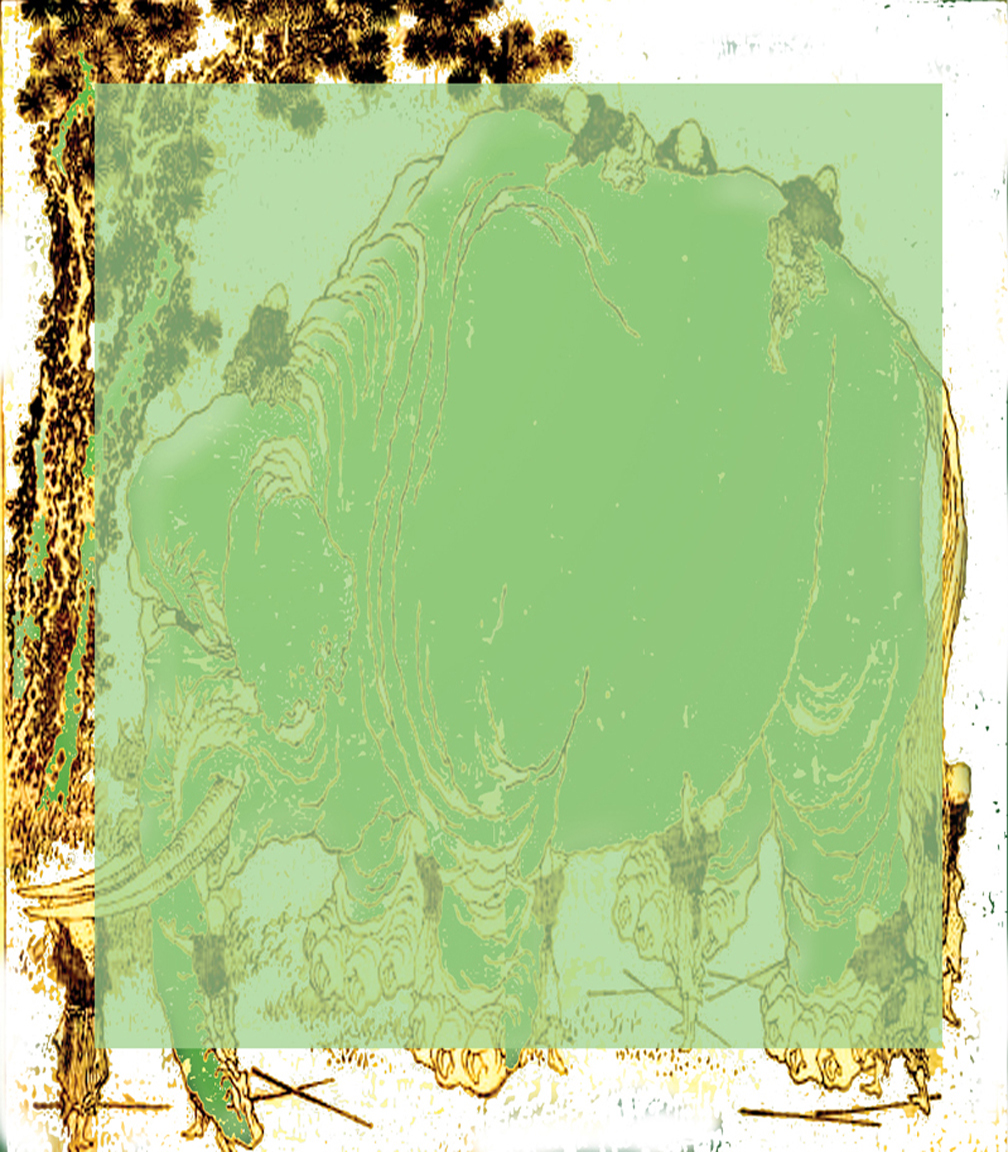

Kabuki Theater
The Kabuki theater blossomed in the Edo period and allowed for emotional
and intellectual escape. It is important to note that the Kabuki theater
of the Ukiyo was very different from present day high art kabuki.
The kabuki drama of the Tokugawa period was an art form that represented
the taste and interests of the class of townsmen. Deprived of political
and social opportunities, the townsmen tended toward grosser pleasures,
evolving a theatre that was gaudy, graphic, and emotionally unrestrained.
It contrasted with the drama of their social superiors, the military class
of shogun, feudal lords, and upper samurai, who patronized no drama: subtle,
symbolic, a form already made static by tradition.
"…the theater increasingly represented a clear and present danger to civil order, as seen by the riots that broke out when the fans battled one another for actors’ favors."
In this description, Shively and others note the paradoxical condition of Edo-period actors. As both social pariahs and social darlings, these actors were supported by powerful fan clubs that rallied at the theater in their support.
A fascinating phenomenon is that Kabuki theater elicited such contradictory
attitudes. The first, one of moral and social disdain, sharply contrasted
the second, which was defined by fascination and adulation. (Samuel Leiter,
A Kabuki Reader. History and Performance, (New York, London, M.E. Sharpe,
2002)) . It is arguable that the present day attitude of the Japanese society
toward manga is similar to the attitude that existed toward Kabuki theater
in the Edo period.
Although the mediums of expression are technically different between the Edo Kabuki theater and contemporary manga and anime, the social processes are eerily similar. A comment by Shikitei Sanba (made during the Edo period) conveys the contradictory attitude of this time (To see the similarity, substitute the word ‘manga’ for the word ‘theatre’):
Theatre-lovers think theatre-haters fools
Theatre-haters think theater-lovers fools.
Theatre-lovers who think theatre is about morality are fools.
Theatre-haters who think theatre has no morality are fools.
Such fools know not that that all morality is in theatre.
Such fools know not that all theatre is in morality
And attend theatre,
You’ll realize theatre is morality.
Ah! Theatre, thou art morality!
This, too, is written by a fool,
The chief priest of the Temple of Fun.(Leiter 106-107)
As the above passage suggested, the Edo period had lovers and haters of Kabuki
theater. Shikitei Sanba’s comments can be applied to contemporary manga.
These contradictory attitudes still exist in contemporary society (in relation
to manga), and echo the state of being that existed in the Floating World
Kabuki theater.